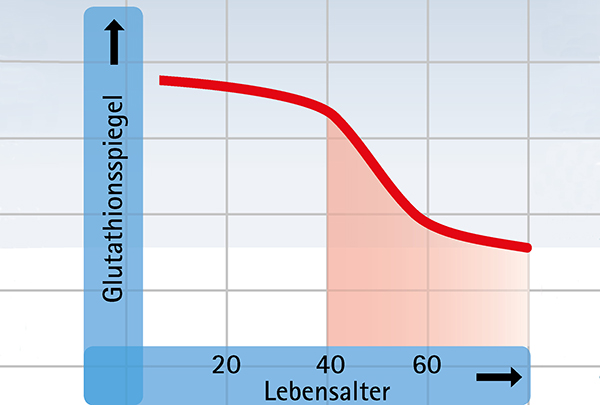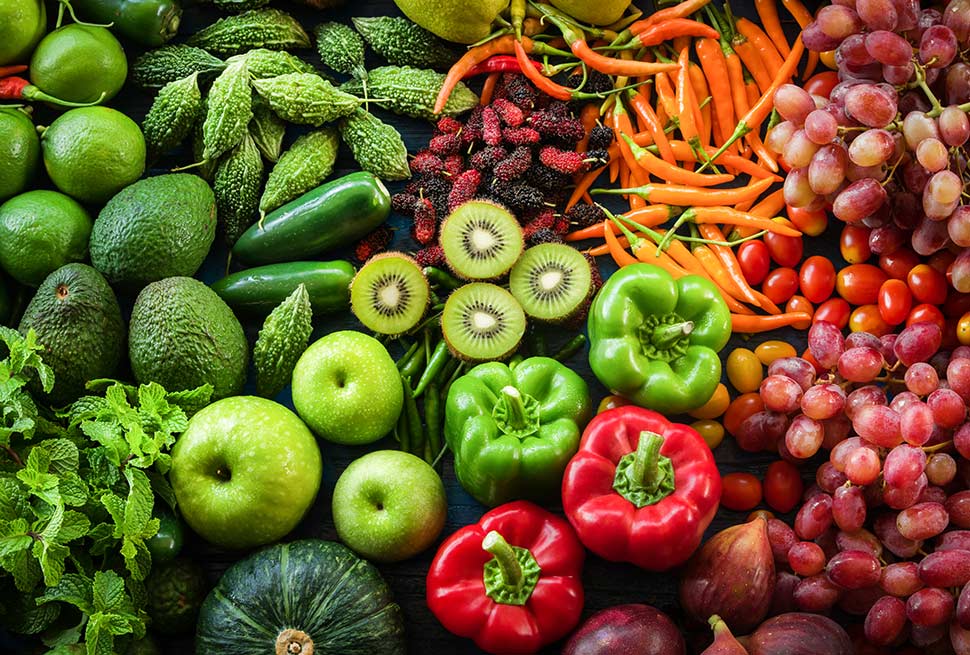
Glutathione (GSH) is not only present in human body cells, but also in almost all plant cells in high concentrations and can be regarded as a kind of redox buffer, i. e. certain aggressive substances are bound to it. It is involved in the removal of toxic peroxides such as ozone and supports the binding of heavy metals in the plant.
Decontamination – Cleaning of polluted soil (including water or air) with the help of plants
Many plants have the ability to grow in polluted area (soil, water, air). Although they absorb pollutants with water or air, they have developed mechanisms to protect themselves from the toxic effects of pollutants. They store them in certain cell spaces of roots, stems or leaves or convert them into harmless substances. The pollutants are e. g. heavy metals, semimetals (arsenic), pesticides, explosives, solvents, salts or oils. Harvesting removes the pollutants enriched in the plants. Repeated cultivation and harvesting of the plants is often necessary in order to remove the pollutants completely from the soil.
Genetic engineering methods are also used to teach plants the ability to absorb pollutants and convert them into harmless substances. Poplars have been genetically modified in such a way that they have an increased glutathione content. Glutathione is required in the cells to bind heavy metals so that they lose their toxic effects. Poplars store the so harmlessly made heavy metals in their leaves, which can then be disposed of in an environmentally neutral way.
Source: www.pflanzenforschung.de





